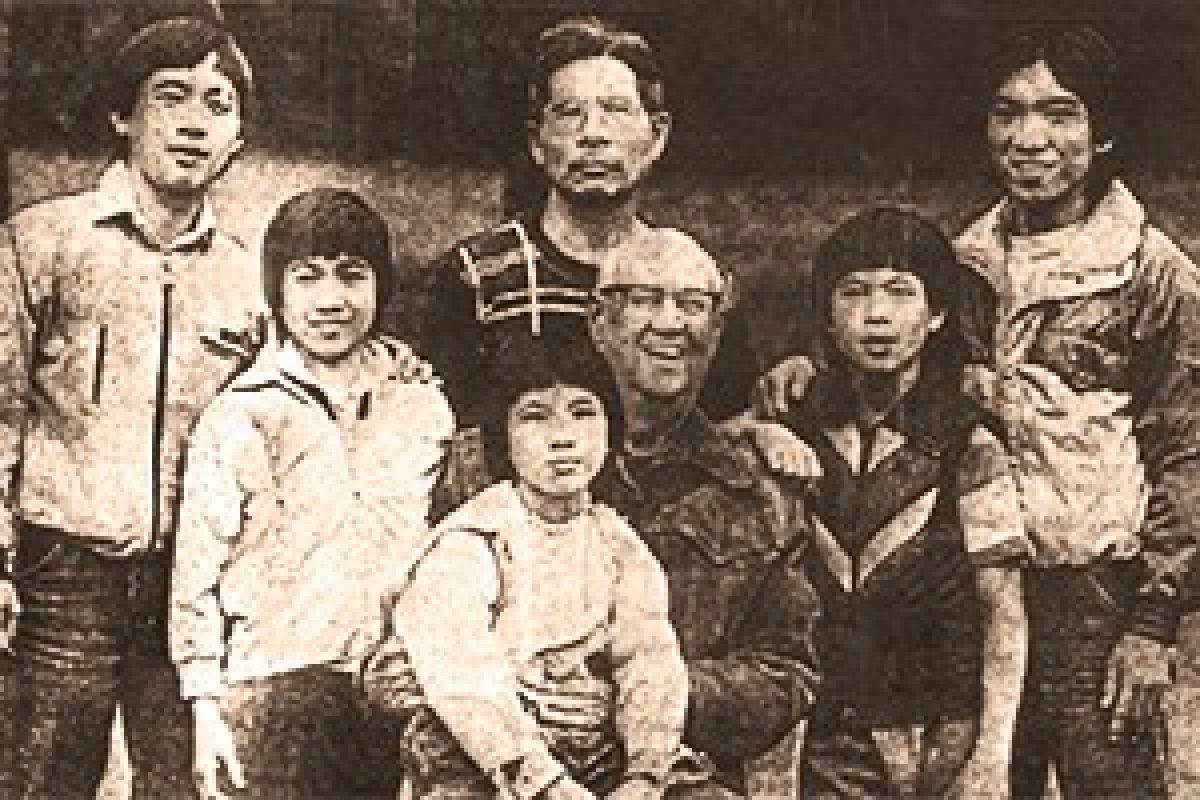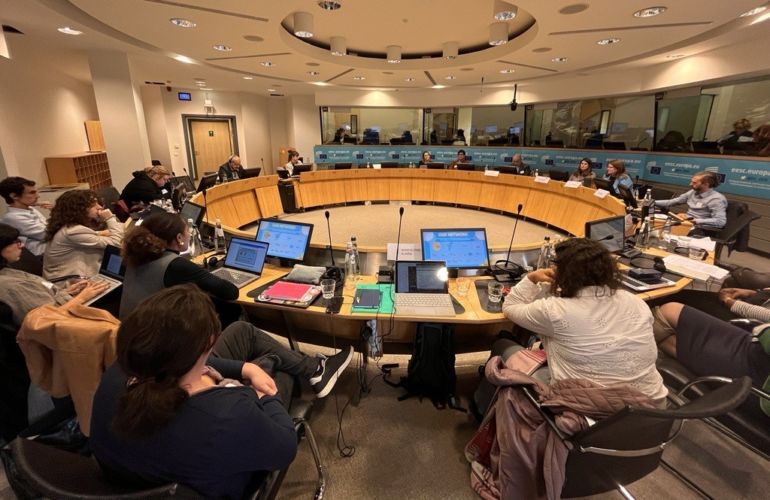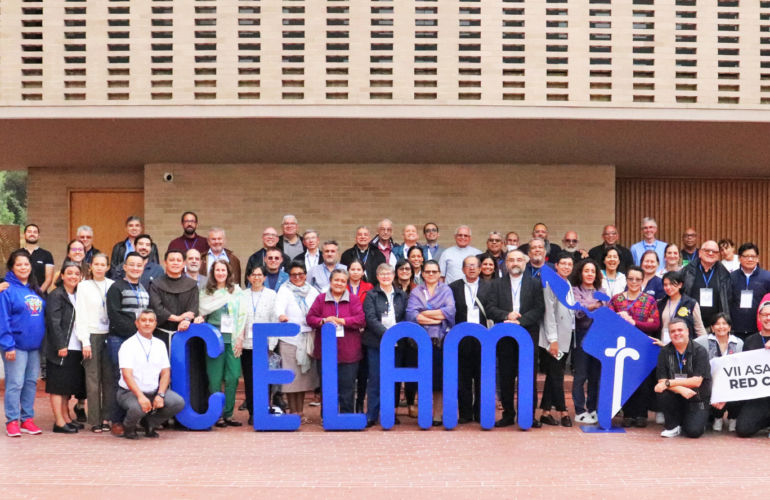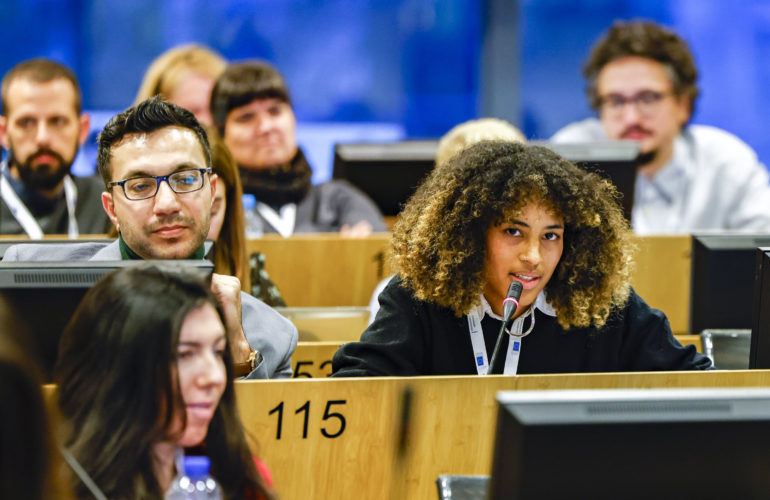Peggy and Tom, Two Americans Whose Father Hosted Vietnamese Refugees

Peggy and Tom are two Americans living in Pennsylvania, USA. Their father, Joe, had sponsored and hosted more than 50 Vietnamese refugee families in his home during the Southeast Asian refugee crisis in the 1970’s and 1980’s.
The Vietnam War took a dreadful toll on the lives of millions of people, who escaped by sea on rickety boats, making them known as “boat people” – a term which is in use again today to describe the many migrants and refugees seeking refuge through dangerous boat rides across the Mediterranean Sea. In the aftermath of the Vietnam War, ICMC played a crucial role in the management of the Orderly Departure Program: a mechanism set up by the United States Government to safely resettle thousands of Vietnamese refugees fleeing persecution. For 17 years, ICMC ran a Resettlement Support Center in Thailand and facilitated the resettlement of more than 450,000 Vietnamese boat people to the United States.
During those years, many Americans who were watching the news could see terrible images of refugees trying to escape authoritarian regimes and conflict, often carrying nothing more than the clothes they were wearing. Joe had been extremely moved by those images. He was a chemical engineer and lived in Allentown, Pennsylvania, with his wife and their two children. While Peggy was in college, their mother fell ill with cancer and died shortly afterward. Closely sustained by his Catholic community during this difficult time, Joe made the decision to return the support he had received from the Church by helping other people in need. He remembered the tragic scenes he had seen on TV and decided he would welcome the Vietnamese refugees into his home.
Peggy remembers that, when her father first told the family about his decision to open his home to refugees, the children felt an uneasiness and prejudice towards these people they barely knew. Reflecting on his father’s decision, Tom recalls: “Dad said he didn’t want to rattle around in a big home alone and, more importantly, he could help the Church in a significant way by supporting the refugees.” Peggy added: “Dad’s decision was polarizing the family because half were anti-war and half were anti-Communism and thought something ought to be done.”
Over a period of three years, Joe hosted more than 50 Vietnamese refugee families. Eventually, Peggy and Tom accepted their father’s ambitious plan to help so many people. They would often listen to the stories of their “guests”, learning about their dangerous journeys and the loved ones they had left behind in Vietnam. Joe would always praise the hard work of the Vietnamese refugees in adjusting to their new life in the USA. “They showed such reverence for my father. They changed my heart”, Peggy recalled.
Many years later, after the last refugees moved out of Joe’s house, the family still feels the impact the refugees had on their lives and minds. “One refugee couple”, Peggy explained, “had invited us to attend their wedding, which I consider as a true demonstration of the profound feelings of gratitude and friendship among our families.” Today, these refugees are successful business owners, teachers and elected officials. Two generations after the Orderly Departure Program, many Americans call these refugees neighbors, friends, and leaders.
Peggy very much hopes that her father’s story can serve as a reminder that everyone can contribute to “welcoming the stranger”, and that our collective efforts can truly change the lives of many. “We have done this before”, she said. “We can welcome refugees again today.”


